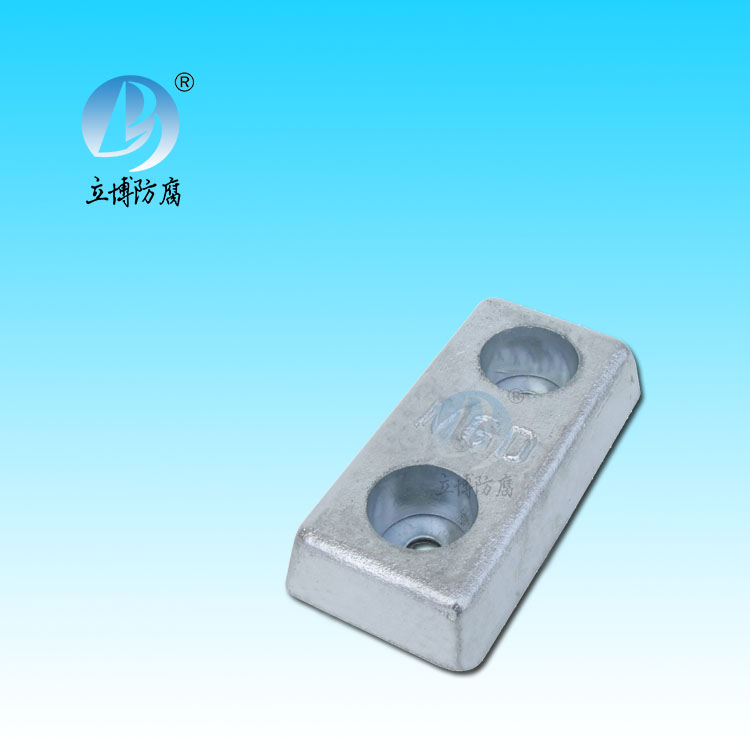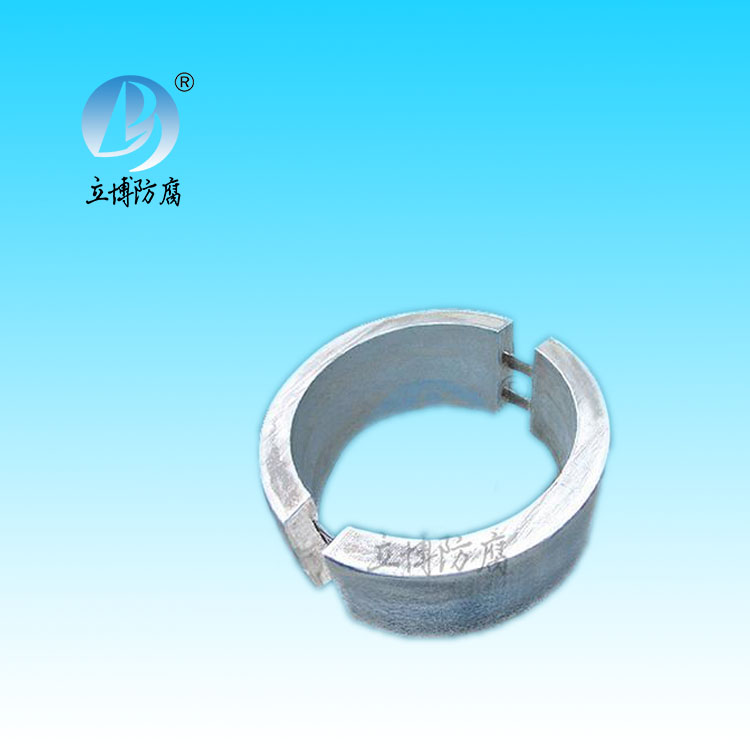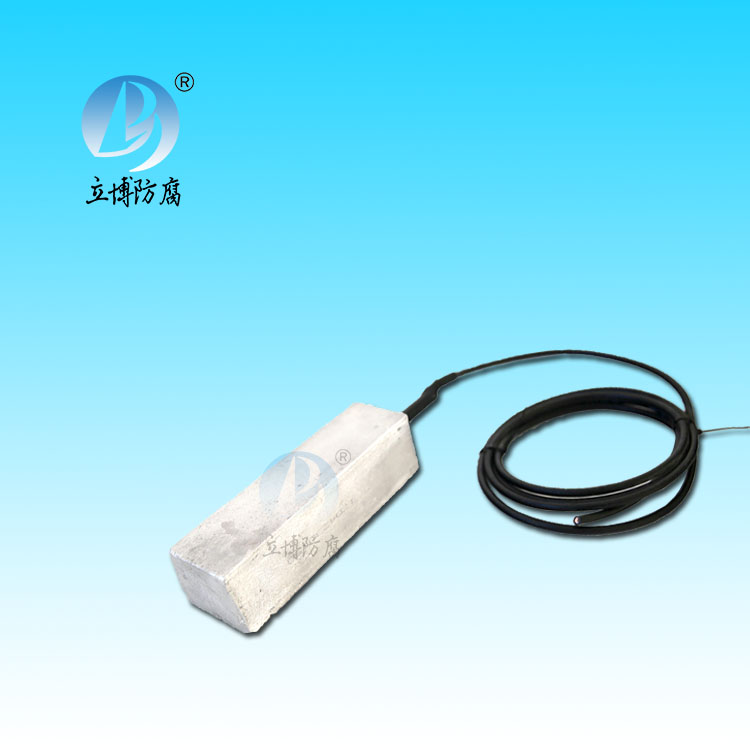News
News
- What is a sacrificial anode
- Basic requirements for reference...
- What does the reference electrode do...
- Why are zinc blocks attached to the ...
- What is the principle of impressed...
- What material does metal structure...
Contact
Phone:18739187123
hotline:0391-7588881
E-mail:970512272@qq.com
Address:Wuzhi County, Jiaozuo City, China
Company News
What are the interpretation methods of sacrificial anode? What are the main common sacrificial anode?
- Author:Libo
- Source:wm.gofitnessfreak.com
- Date:2021-06-11
- Click:1
In cathodic protection, the utilization of anode materials has long been valued by metal anticorrosive units, and the properties and types of anodes are particularly important. In fact, anode materials are mostly used as sacrificial anode in cathodic protection. Do you know the main explanation methods for sacrificial anode? Do you know the main methods for commonly used sacrificial anode? Ladbrokes Light Alloy will give you a detailed analysis of the above problems. I hope you can use anode materials better!
Knowledge point 1: Sacrificial anodes explain specific methods
Sacrificial anode cathodic protection for active metals or alloys is called sacrificial anode, which is one of the earliest electrochemical protection techniques. With the outflow current anode is gradually consumed, so it is called the sacrificial anode. Anod-like materials consume quickly, so there are certain requirements for their installation position and installation method. Common sacrificial anodes are: magnesium anode, magnesium alloy sacrificial anode, zinc anode, zinc alloy sacrificial anode, aluminum alloy sacrificial anode and so on. The anode is consumed so that the anode protection of the protected metal structure is obtained, and an anode current is applied to the auxiliary anode to form a corrosion current, which is called a sacrifice anode.
Knowledge point 2: Common sacrifice anodes
Aluminum anode, aluminum anode has a very large electrochemical equivalent, more current per unit mass of aluminum anode. Zinc is the earliest sacrificial anode material, and its standard electrode potential is 0.762V. It is often used for ship corrosion protection. Because the effective potential difference between zinc anode and iron is not large, zinc anode has high current efficiency in seawater medium. Magnesium has high chemical activity and its standard electrode potential is 2.37V. It is mainly used in forced current cathodic protection in soil or fresh water. The composite sacrificial anode covers the surface of the zinc anode by casting or extrusion. The service life of the composite sacrificial anode is better than that of the magnesium anode or the aluminum anode.







 客服QQ
客服QQ